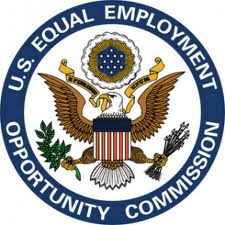New Password Protection Law in California
Friday, October 26th, 2012 Legislators around the country have been reacting to reports of employers requesting or requiring employees and/or applicants to provide access to their personal social media accounts. Maryland and Illinois both enacted “password protection” laws, followed by the California, where Governor Jerry Brown recently signed a new bill into law.
Legislators around the country have been reacting to reports of employers requesting or requiring employees and/or applicants to provide access to their personal social media accounts. Maryland and Illinois both enacted “password protection” laws, followed by the California, where Governor Jerry Brown recently signed a new bill into law.
California’s law generally prohibits employers from requesting employees and applicants to provide access to their personal social media accounts and content. However, it is not as broad as the Illinois law, which prohibits employers from demanding access in any manner to an employee’s or prospective employee’s account or profile on social media sites. Illinois employers may not ask for log-in information, look over employees’ shoulders to gain access to it, or request screen shots of social media posts.
Maryland employers may not directly request log-in credentials, but are allowed to access an employee’s social media account when the request is in conjunction with securities fraud investigations or improper use of trade secrets.
California’s law also prohibits employers from requiring employees to access their social media accounts in the employer’s presence (“shoulder-surfing”) or to provide log-in information. In addition, it prevents employers from requiring employees to share any social media content, such as the Facebook posts of co-workers.
However, California’s law permits employers to ask workers to divulge personal social media content if there is a reasonable belief that it would be relevant to investigations of employee misconduct or violations of laws and regulations.
Note that this part of the law does not apply to job applicants. In addition, California’s law states that employers may not discharge, discipline or retaliate against an employee or applicant if they refuse to comply with a request or demand for access to a personal social media account.
Expect more of these laws to be passed around the country in the near future.




